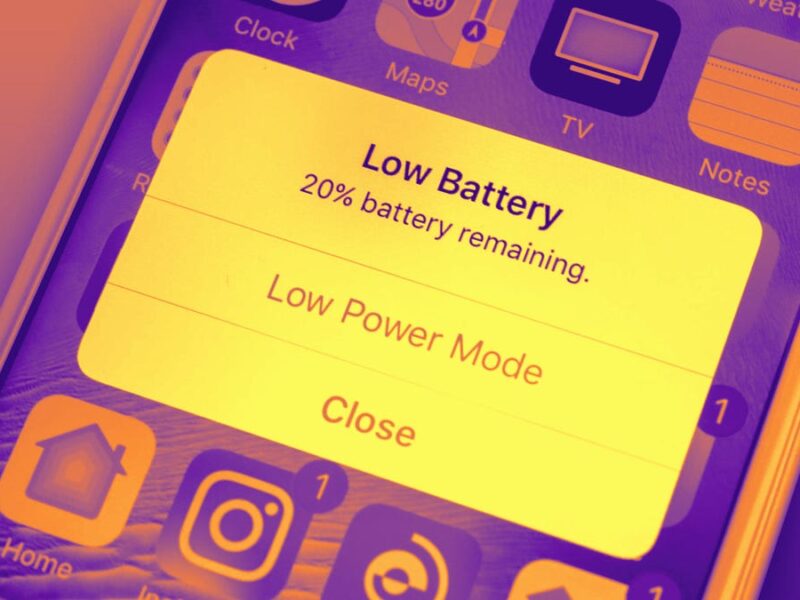The ambitions of New Zealand’s deep technology were just a boost of $ 25 million.
Outset Ventures, Auckland-based venture firms and incubators who exclude unicorn such as rocket lab and langetech have closed their second fund in oversbard in $ 41.5 million NZD.
Fund’s mission is to refund startups working on hard science and engineering successes – its partners of technologies believe that New Zealand is unique to lead New Zealand. This includes everything from aerospace to medical technology, although the beginning is particularly focused on energy production and storage. The firm is betting on the fact that New Zealand is too small to play on the boundaries of AI, Downstream can deal with energy and infrastructure problems that AI is already starting for stress.
“We know that the biggest obstacle for AI growth comes down to all, which can achieve the most installed energy, and so that we have finished focusing our greater focus,” Angus Blair said, “Techcrunch said.
Initially many startups focus on giving cheap, cleaner methods to generate and store energy, recycle heat and address infrastructure, which AIs are already stressed, per blair.
An emerging Kiwi leader has been an openstar, a nuclear fusion startup that is working on the levitated dipol reactors, and one is one of the few to get funding from funds of some funds. The firm reached a significant milestone last November when it made superhitted plasma at a temperature of about 540,000 degrees Fahrenheit-an important step towards the production of energy energy, and a one who took only $ 10 million to reach there compared to several decades of government-led government initiative in fusion space.
Then there is the energybank, which is constructing long -term energy storage for the floating offshore air which is best suited for deep water. Blair stated that the solution of the firm is a perfect complement to several schemes to install more floating offshore wind fields in areas such as North Sea.
“If you can strengthen that power, this power is very high, and so adding that long -term energy storage can increase the profitability of those assets by about 50%,” Blair said. “Also [helps] The power data center and the rest of the grid, especially in Europe, are struggling with the grid. ,
OpenStar and Energybank are the only two examples of the start of moonlight’s bets that aim to scale globally. Where Fund I have valued Deep technology as a viable path for kiwi startups, Fund II is starting as a launchpad for companies with hard science in its original and large -scale international ambitions.
A part of the mission is supported by the firm’s 60,000 square feet facility in Auckland, providing the portfolio companies access to lab and engineering gear that is difficult to come otherwise. In a country where the capital and technical facilities of the initial stage can be limited, such vertical integration is an important part of the introduction of DEES Deep Tech.
And while the $ 25 million of the fund may look modest by the silicon Valley standards, Blair says that it is well shaped for New Zealand’s tight-sore ecosystem.
Blair said, “We have really found capital efficient business from here to bottom, and therefore it sets a remarkable long way.”
The country’s startup funding environment has always tilted towards capital efficiency and high technical quality on blitzscaling. In 2023, enterprise investment in New Zealand reduced hunger from inflation, global economic uncertainty, and more cautious offshore investors. But a reversal was observed in 2024, in which enterprise and initial stage investment reached $ 350 million ($ 587.6 million)-a record high and 53% from 2023.
Outset’s own LP Mix reflects this dynamic: approximately two-thirds of funds II comes from local institutional and private sources, while the rest is from individuals with international high-purpose, many of whom have later transferred to New Zealand in their careers and are investing in their future.
And even though Kiwi startups have taken interest in heavy global firms such as Besmer, DCVC, Founders Fund and Khosla Ventures over the years, such international capital is hard work. The distance and a small local investor Aadhaar makes more difficult for New Zealand startups to break early into the global capital network, even if it is necessary for access to those networks.
Despite its distance and small size, Blair argues that New Zealand is well deployed to deal with some of the world’s biggest challenges – and Deep Tech is the place where there is already a track record in the country.
Blair said, “This is where our biggest victory in the enterprise-supported place has historically come.” “So the founders and VCS feel that they have a lot of license to go and take these big moonlight in these actual technical domains.”


